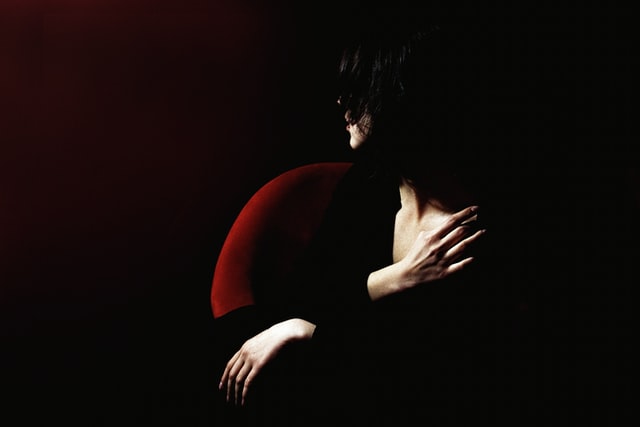Are You Afraid of the Darkness? Know the Symptoms and Treatment of Nyctophobia
While being afraid of the dark might be a part of normal development in some young children, this is not the case for older children and adults. Nyctophobia is basically an age-inappropriate fear of darkness that can force someone to limit their activities, avoid specific circumstances, and experience anxiety in the anticipation of there being lying something dangerous and no light.
Psychologist Shivani says it is when the concern crosses over from being an inborn protective technic to being a clinical issue that it is designated as a phobia.
This blog specifically revolves around Nyctophobia, and India’s top Psychologist and Counselor Shivani Misri Sadhoo talks about the causes and treatment for the same.
Causes
Nyctophobia, also known as scotophobia, lygophobia, and achluophobia. This may be evolutionary in nature as several predators hunt at night. The fear might not be linked to darkness itself but unknown dangers are hidden in the darkness (this is why horror and suspense movies generally use darkness as a way to scare audiences). A general lack of security and confidence also plays into this as well, particularly if you tend to be afraid of the dark mostly while alone.
Psychoanalytic believes that fear of the dark could be related to the separation anxiety from a primary attachment figure, a phenomenon that has been detailed further.
Symptoms and Diagnosis
Symptoms of nyctophobia differs from individual to individual and according to the severity of a specific case. In general, symptoms of nyctophobia includes:
· Getting nervous in any darkened surroundings.
· Being reluctant to go out at night.
· Experiencing physiological symptoms like increased heart rate, sweating, visible shaking, and also feeling ill (nausea, headaches, and diarrhea) when forced to spend some time in the dark.
· Need to put on the light at night while sleeping.
Symptoms of during more severe cases of nyctophobia include:
· Trying to run away from dark areas or rooms.
· Getting angry or defensive if anyone tries to force or tease you to spend time in the dark.
· Compulsively staying back indoors at night.
Nyctophobia has certain diagnostic criteria that are common to every phobia, which separates them from simple fears.
Treatment
The aim of therapy is to challenge the fearful beliefs about the dark by replacing the negative self-talk with more positive ones. The rate of successful treatment for certain phobias such as nyctophobia is approximately 90% and mostly accomplished with the help of techniques drawn from the cognitive-behavioral school therapy.
The treatment plan your therapist would recommend for you or your child could include:
· Exposure to the dark in bits, incremental, non-threatening doses in a method called desensitization.
· 1-on-1 talk therapy, family therapy, or even group therapy.
· Learning relaxation techniques, like deep breathing, meditation, or yoga.
· Medications such as anti-anxiety and antidepressant.
If you are struggling due to any sort of phobia or other psychological issues. Do not hide them. Rather, you do not need to panic, you should seek some help from a qualified psychologist.
Your Counselor Is Now Just Skype/Video Call Away
During the current challenging time, it’s common to experience anxiety, depression, sleeplessness, and relationship challenges at home. While you are under lockdown and maintaining social distancing norms to help the country to control COVID-10 spread, your very own counsellor Shivani is now just a call and Skype video call away from you.
However, in this age of coronavirus, we hope to offer our therapeutic help. Change is difficult for all of us and changing the way you meet with your therapist is no exception. But try it before you disregard this option. This is a challenging moment in time, and fears and anxieties are running high.
You may find, telepsychology isn’t a second-rate option. Instead, it’s an effective and efficient upgrade to a valuable service!
Feel free to call Counselor Shivani Misri Sadhoo at +91-8860875040 for telephonic or video support and to book an online counselling session to address any relationship issues, emotional and psychological challenges.
- Does Living with In-Laws Affect Your Marriage? 5 Ways to Deal - July 23, 2024
- Is Your Job Destroying Your Marriage? 7 Signs to Look for - July 15, 2024
- Do you Know How to Handle a Manipulator Effectively? - July 11, 2024
